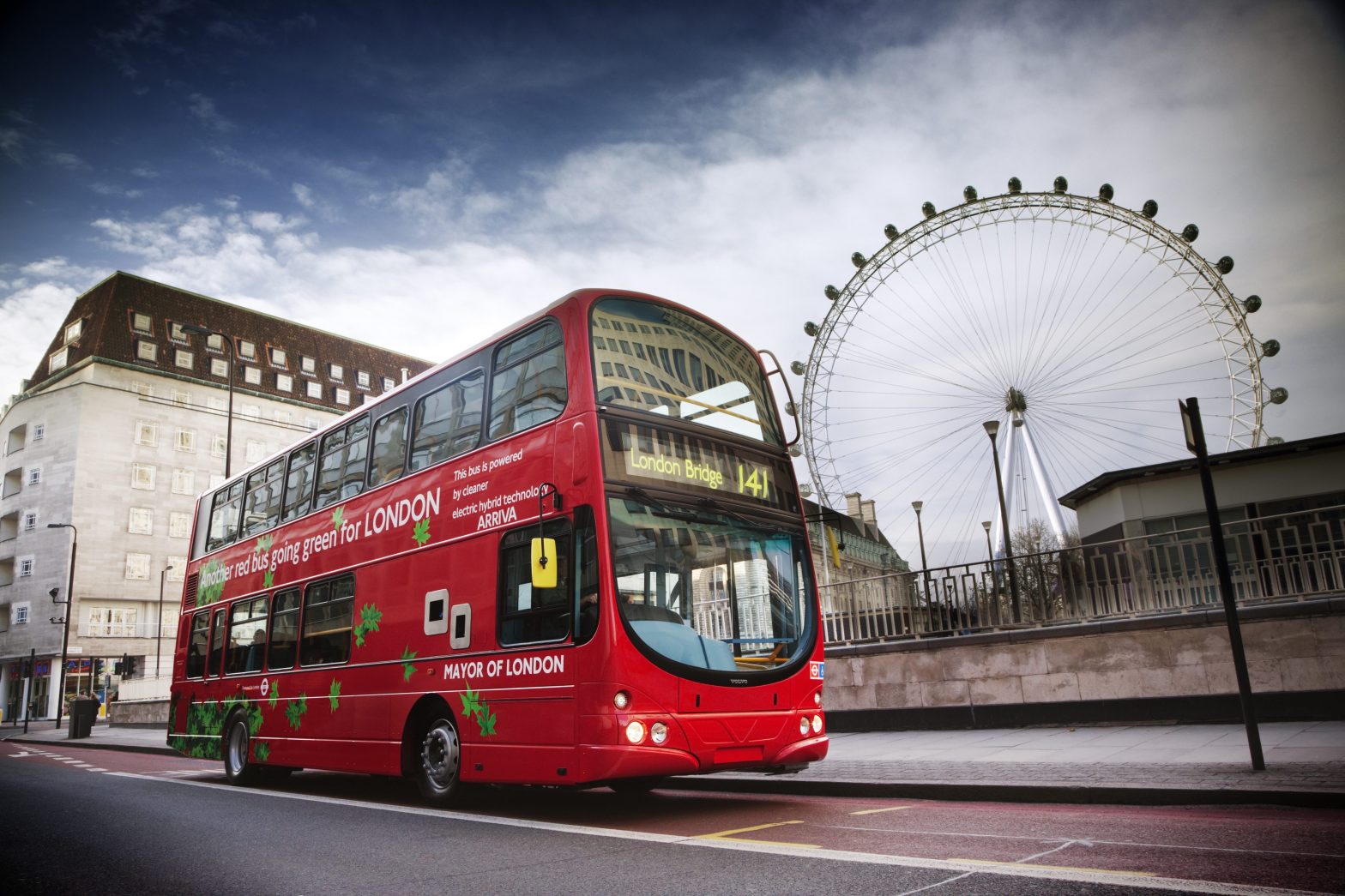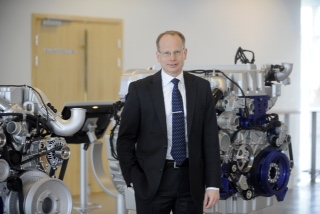
Photo: Volvo-London-copy
Volvo calls London summit on future of electric buses
14 June 2016
by Steve Hoare
Volvo brought together representatives from Transport for London (TfL), the UK’s Department of Transport, the London General Assembly (LGA) and passenger lobby groups such as the Campaign for Better Transport to address new mayor Sadiq Khan’s call to improve London’s air quality.
Volvo produces around a third of London’s 9,000 buses, of which 800 are hybrid electric-diesel vehicles. The company wanted to hear London’s stakeholders’ views on how these can be a part of the solution to London’s air quality issues.
“Air quality is at the top of the agenda all over the world. In parallel, we are entering a period, which will see the biggest change in public transport in a lifetime–electric vehicles,” Håkan Agnevall, President of Volvo Buses, told Cities Today. “When we talk about technology transition, we need to engage with a bigger set of stakeholders.”

Agnevall said he was pleased with the number and range of groups that accepted his invitation and met to discuss the issues last Friday (10 June). In addition to TfL, the LGA, the Department for Transport and Volvo, the following groups were also present: The Society of Motor Manufacturers & Traders, Confederation of Passenger Transport, Campaign for Better Transport, Go Ahead London and Tower Transit.
Agnevall’s view is that bus fleets cannot make the leap from full diesel to full electric. There needs to be a period in which hybrid buses and what Volvo calls electric hybrids (with a bigger battery and quicker charging time) sit next to full electric buses.
“Creating the charging infrastructure is not financially viable at the moment,” he added. “It is a major investment and you need to do it in stages.”
He believes it will take five to ten years to build a fleet and charging infrastructure which gets close to a fully electric bus system. In the meantime, he believes that different stakeholders need to be convinced that the three different types of bus can work in tandem. Crucially, Agnevall also wanted to make the case for buses–ahead of trams and trains–as equally beneficial when tackling air quality.








